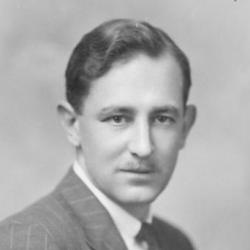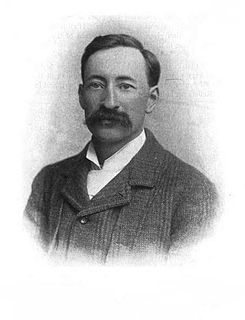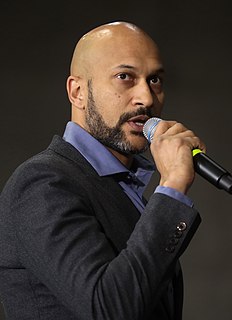A Quote by George Bernard Shaw
It is very doubtful whether man is enough of a political animal to produce a good, sensible, serious and efficient constitution. All the evidence is against it.
Related Quotes
As to the Christian religion, besides the strong evidence which we have for it, there is a balance in its favor from the number of great men who have been convinced of its truth after a serious consideration of the question. Grotius was an acute man, a lawyer, a man accustomed to examine evidence, and he was convinced. Grotius was not a recluse, but a man of the world, who certainly had no bias on the side of religion. Sir Isaac Newton set out an infidel, and came to be a very firm believer.
I think frustration unfortunately, reflects a real breakdown in the political parties themselves, which is fascinating because our constitution did not anticipate political parties. They're not even written in the Constitution, there's no guidelines. When we look at the arcane processes of delegate selection in the primaries and caucuses, it's not in the Constitution. This is all created post Constitution. And yet I think we're in the middle of tensions between and within the political parties. They're not functioning that well.
To defend something is always to discredit it. Let a man have a warehouse full of gold, let him be willing to give away a ducat to every one of the poor - but let him also be stupid enough to begin this charitable undertaking of his with a defense in which he offers three good reasons in justification; and it will almost come to the point of people finding it doubtful whether indeed he is doing something good. But now for Christianity. Yes, the person who defends that has never believed in it.
Whether a law be void for its repugnancy to the Constitution, is, at all times, a question of much delicacy, which out seldom, if ever, to be decided in the affirmative, in doubtful case. ... But it is not on slight implication and vague conjecture that the legislature is to be pronounced to have transcended its powers, and its acts to be considered as void. The opposition between the Constitution and the law should be such that the judge feels a clear and strong conviction of their incompatibility with each other.






































